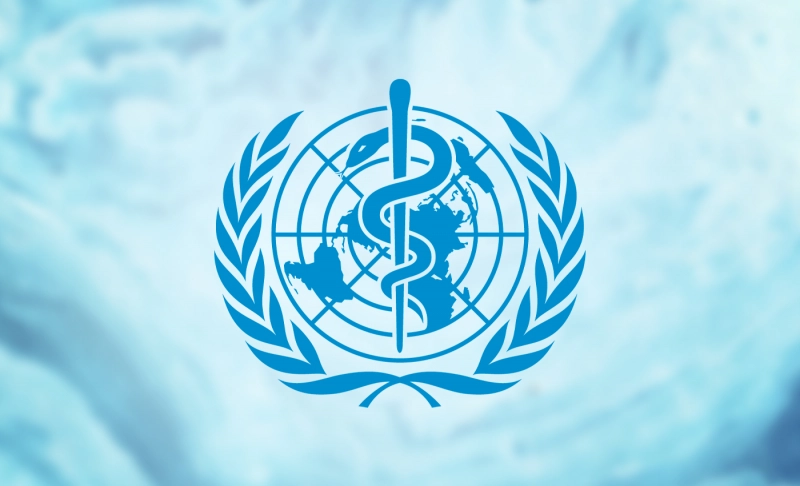By: Ishita Goel J
May 15 2021

B.1.617 variant was first found in India and has three sublineages. WHO has rejected the term "Indian Variant."
B.1.617 variant was first found in India and has three sublineages. WHO has rejected the term "Indian Variant."On May 10, 2021, WHO Foundation launched the "Together for India" appeal to raise funds to support WHO's work in India, including purchasing oxygen, personal protective equipment, and medicines. During the briefing, a reporter from the Wall Street Journal, Suryatapa Bhattacharya, questioned WHO "about the India variant and whether they were considering classifying it as a variant of concern." Maria Van Kerkhove, American infectious disease epidemiologist and a technical lead of COVID-19, answered, "I assume you're talking about the B.1.617 virus variant that was first identified in India indeed; this is one that has been classified as a variant of interest by WHO..." On May 11, WHO released the COVID-19 weekly epidemiological update report, in which B.1.617, also known as G/452R.V3, was classified from Variant of Interest(VOI) to Variant of Concern(VOC). B.1.617 lineage was first reported in India in October 2020 and divided into three sublineages (B.1.617.1, B.1.617.2, and B.1.617.3), which differ in mutations phenotypic characteristics. There are further researches in progress to attain the complete details on the variant and sublineages. The briefing and report led to media reports referring to B.1.617 as the "Indian variant." WHO said the variant had become a variant of global concern. On May 12, a statement was released by the Ministry of Health and Family Welfare, clarifying that "WHO has not associated the term "Indian Variant" with B.1.617, and has now classified it as a Variant of Concern." WHO has said that the variant has led to a resurgence in COVID-19 cases in India, leading to questions over the variant's capabilities. The report said several possible contributing factors to the transmission in India include an increase in the proportion of COVID-19 variants with potentially increased transmissibility. There is no clear idea of what may have caused the outbreak. In its weekly report on May 11, WHO classified B.1.617 as a "Variant of Concern(VOC)," there is no mention of it being an Indian variant. The studies are in progress to understand its lineage; until then, it cannot be classified. Henceforth the claim WHO has not termed B.1.617 variant as Indian variant is true. The COVID-19 pandemic has given rise to a lot of potentially dangerous misinformation. For reliable advice on COVID-19 including symptoms, prevention and available treatment, please refer to the World Health Organisation or your national healthcare authority.